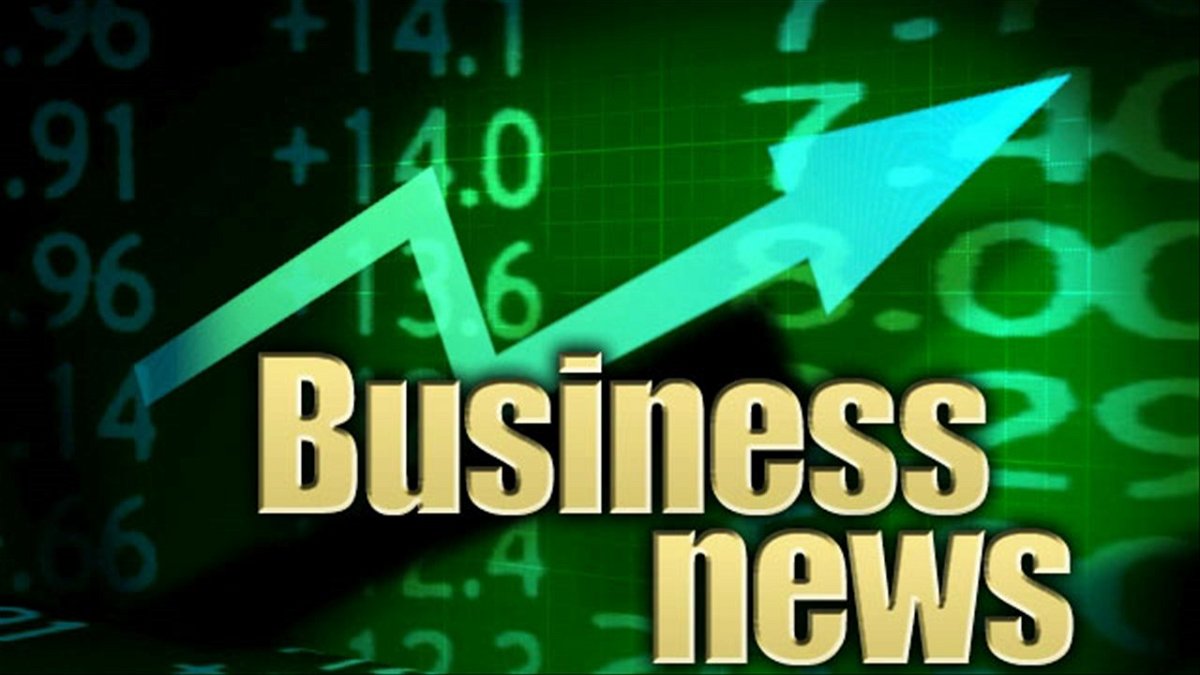Facebook’s antitrust headache gets worse: 47 attorneys general now investigating

Facebook’s antitrust headache is only getting worse.
New York Attorney General Letitia James announced on Tuesday that 47 state attorneys general are now investigating Facebook.
The announcement marks a sharp increase from September, when James first disclosed that her office was leading a handful of attorneys general in probing the social media company for evidence of anticompetitive practices.
The list of states now includes Colorado, Florida, Tennessee and the District of Columbia, as well as Illinois, Indiana, Texas and Virginia — underscoring the broad scope of the challenges facing Facebook. Mark Zuckerberg, Facebook’s CEO and cofounder, is set to testify in Congress on Wednesday.
In a press release, James said all of the states involved “are concerned the Facebook may have put consumer data at risk, reduced the quality of consumers’ choices, and increased the price of advertising.”
“As we continue our investigation,” she said, “we will use every investigative tool at our disposal to determine whether Facebook’s actions stifled competition and put users at risk.”
In a statement provided to CNN Business, Facebook VP of state and local policy Will Castleberry said the company “will work constructively with state attorneys general.” He added: “We welcome a conversation with policymakers about the competitive environment in which we operate.”
The announcement comes a day after federal officials and state attorneys general met Monday for a day-long session to discuss possible legal avenues they could pursue in a future antitrust case against Facebook, according to several people familiar with the matter.
The closed-door meeting, held at James’ offices in Manhattan, brought together some of Facebook’s most vocal critics, as well as academics and current and former officials from the Justice Department and the Federal Trade Commission.
The meeting shows how law enforcement officials are increasingly probing specific business behaviors that they believe could support an antitrust case, rather than discussing tech giants purely in the context of their size.
At least a dozen states were represented at the meeting, which ran for more than six hours, according to a person in the room. One panel was moderated by Colorado Attorney General Phil Weiser, the person said, and James delivered concluding remarks. Another similar event is in the works that will examine Google, two of the people said. (A group of 50 attorneys general are also conducting an antitrust investigation into Google.)
The day’s topics ranged widely — from Facebook’s handling of user data to its acquisitions of other tech startups. Other debates covered allegations that Facebook used inflated metrics to persuade marketers that Facebook users were heavy consumers of video. Earlier this month, Facebook reportedly reached a $40 million settlement with advertising agencies on that issue.
The goal was to determine which of Facebook’s activities could be addressed using America’s competition laws, the people said. One person familiar with the event described it as a “get your grounding” session for legal staffers, particularly those at the state level.
“They just want to hear from people — what kind of evidence you would need to demonstrate something, and what kinds of things don’t constitute evidence,” said the person.
On the campaign trail, a number of Democratic presidential candidates including Sen. Elizabeth Warren have called for breaking up Amazon, Facebook and Google because they are too big and powerful. Others such as entrepreneur Andrew Yang are more wary of the idea, arguing that a breakup wouldn’t change the companies’ underlying incentives to
Facebook and the DOJ didn’t immediately respond to a request for comment. James and the FTC declined to comment.
Other attendees of the meeting included Fiona Scott Morton and Hal Singer, economists who have been critical of large tech companies; Doug Melamed, a former acting chief of the DOJ’s antitrust division; and Dina Srinivasan, a former digital advertising executive who this year published a journal article evaluating what she identified as a “pattern of false statements and misleading conduct” by Facebook designed to hook consumers and disadvantage rivals.
The FTC and DOJ staff at the meeting asked tough questions of the Facebook critics, one of the people said, indicating the officials may have been either skeptical of the claims against the company or were playing devil’s advocate to test the strength of the arguments.
The Wall Street Journal was first to report the meeting.
